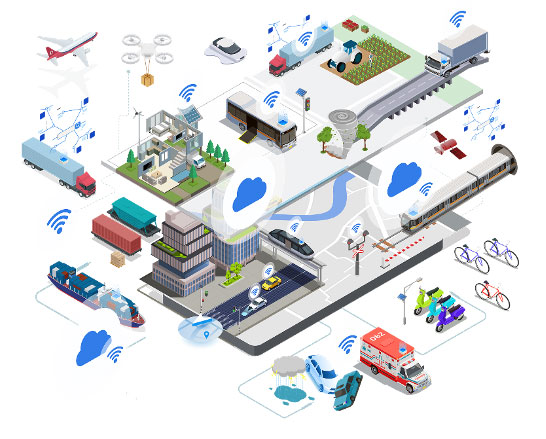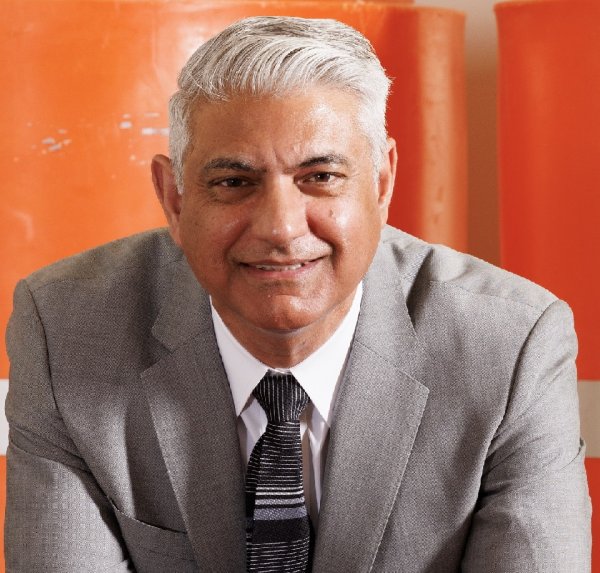
At the University of Nebraska, we strive to equip the next generation of transportation professionals with the knowledge and skills necessary to shape the future transportation system that moves people and goods via very different technologies (e.g., autonomous vehicles, flying cars, drones). Students at the University of Nebraska have access to state-of-the-art facilities, including an Intelligent Transportation Systems Lab and a planned Virtual Reality/Augmented Reality Lab; imagine being able to see your roadway design in a virtual world. Students also have opportunities to enhance their undergraduate engineering experience with research and internship opportunities provided by centers that our transportation faculty lead or are affiliated with.
Our transportation faculty also work closely with federal, state, and local governments to enhance the Nebraska transportation system and state of practice. Research areas that our transportation faculty are well known for include:
- Multimodal transportation system design and operations,
- Sustainable transportation systems,
- Supply chain and logistics,
- Transportation safety and human factors,
- Travel behavior and travel demand management,
- Intelligent transportation systems,
- Automated driving systems, and
- Intermodal network design.
Transportation Systems Engineering

Nathan Huynh
Professor
Keith W. Klaasmeyer Chair of Engineering and Technology
Nebraska Transportation Center Director
Keith W. Klaasmeyer Chair of Engineering and Technology
Nebraska Transportation Center Director
City Campus (Lincoln)
WHIT 262D
Prem S. Paul Research Center at Whittier School (WHIT)
Prem S. Paul Research Center at Whittier School (WHIT)
(402) 472-3447
nathan.huynh@unl.edu

Libby Jones
Associate Chair for Undergraduate Programs
Professor, College of Engineering Teaching Fellow
Professor, College of Engineering Teaching Fellow
Scott Campus (Omaha)
203E PKI
(402) 554-3869
libby.jones@unl.edu

Aemal Khattak
Professor
Director, Mid-America Transportation Center (MATC)
Director, Mid-America Transportation Center (MATC)
City Campus (Lincoln)
330E WHIT
(402) 472-8126
khattak@unl.edu

Li Zhao
Research Assistant Professor
Civil and Environmental Engineering
Civil and Environmental Engineering
City Campus (Lincoln)
WHIT 262K
Prem S. Paul Research Center at Whittier School (WHIT)
Prem S. Paul Research Center at Whittier School (WHIT)
(402) 472-1928
lizhao@unl.edu
